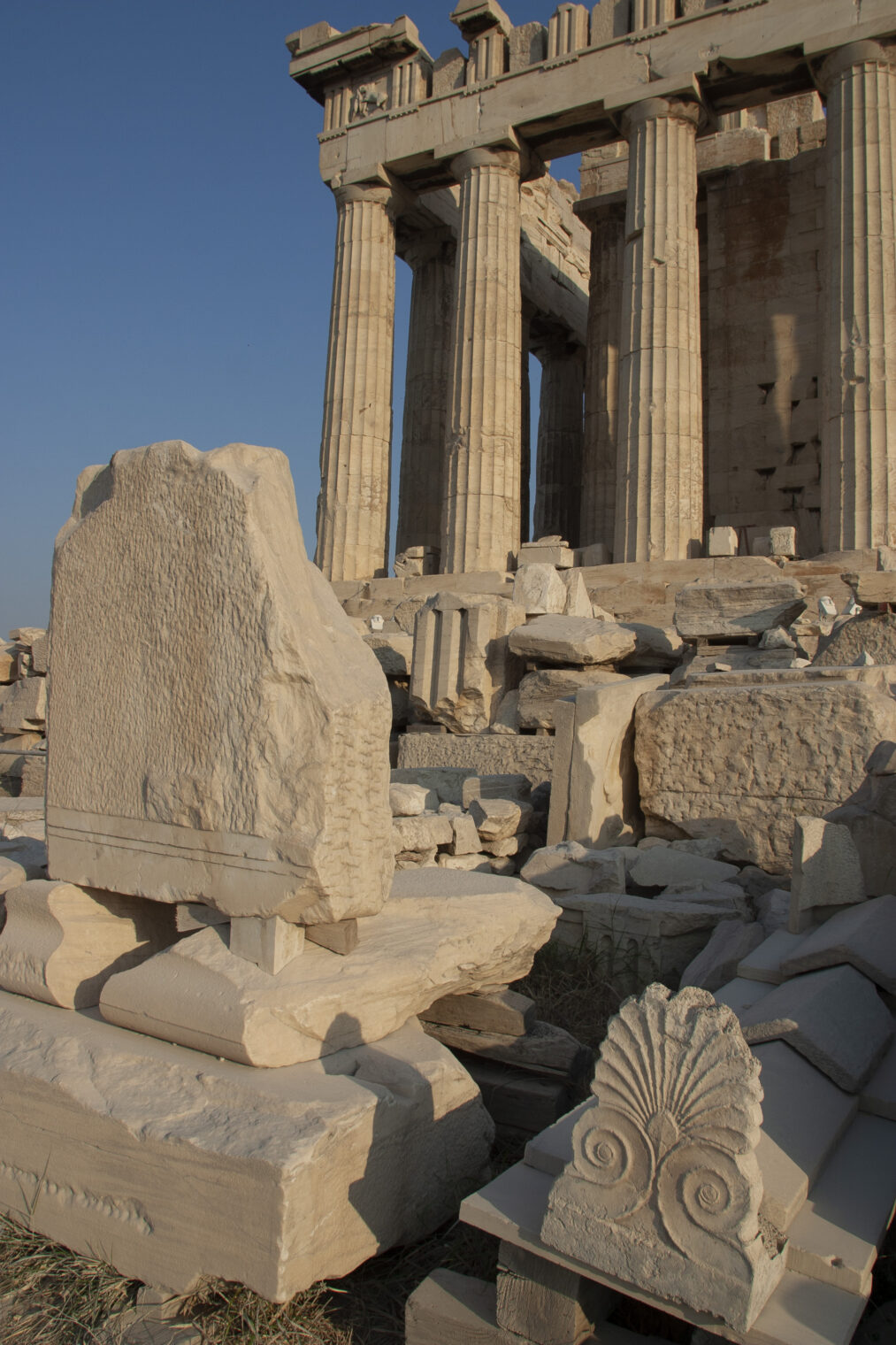In “History of the Ancient World: A Global Perspective”, Gregory Aldrete translates the name for the legislature of Ancient Sparta, the Gerousia, as “the old guys.” Membership was limited to citizens who had attained their 60th birthday (also to those who identified as “men”). A Spartan transported in a time machine to 2020 might say “this looks familiar”!
The description of “democracy” in Ancient Athens, on the other hand, is tough to reconcile with the modern experience. Legislators were selected at random from those with full citizenship (sortition). The typical citizen could expect to be selected once or twice during his lifetime (again, only those Athenians identifying as “male” were eligible).
[Separately, the example of Sparta seems to support the idea that sexual orientation can be taught. From the course notes:
During the last 5 years of school, [teenage boys] were encouraged to form a homosexual relationship that served as a kind of mentoring program.
It seems that sexual relationships were encouraged between the older and younger men in the syssitia [men’s club] on the grounds that if your fellow soldier was also your lover, you would be less likely to run away in battle.
The professor describes male membership in the LGBTQIA+ community as almost universal in Sparta. (See also “Status of homosexuality in ancient Sparta?” and “Teaching 5th graders who vs. whom in an LGBTQ+ world”).]

The word “Senate” comes from “senex”, meaning “elder”, same root as “senile”.